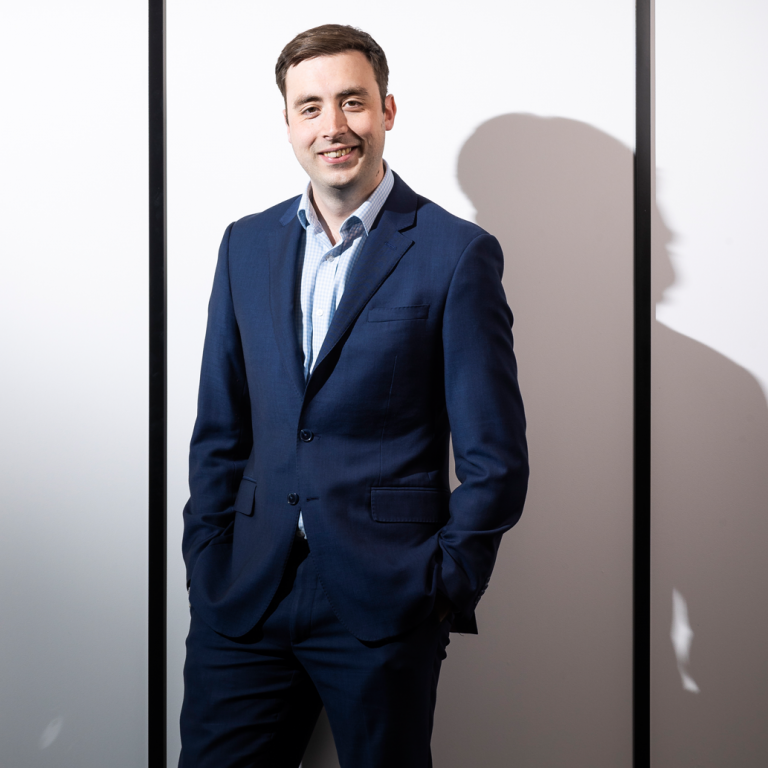Now a critical focus too is on a sector-wide ageing workforce and when it comes to attracting the next generation into STEM and engineering, progress is slow. Solutions must be found and fast.

Now a critical focus too is on a sector-wide ageing workforce and when it comes to attracting the next generation into STEM and engineering, progress is slow. Solutions must be found and fast.
Sheffield Hallam University – Directorate of Human Resources and Organisational Development Salary: £39,355 to £44,128 per annum
University of Cambridge – Human Resources DivisionSalary: £41,671 to £55,755 per annum
University of Oxford – Harris Manchester CollegeSalary: £28,889 to £33,453 (FTE equivalent: £48,149–£55,755), inc. Oxford University weighting of £900 (FTE equivalent: £1,500)